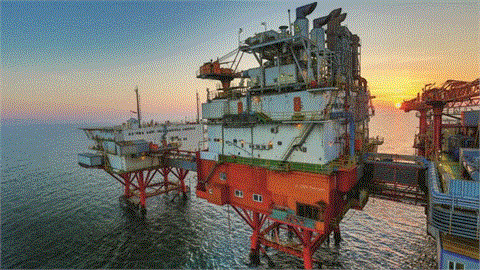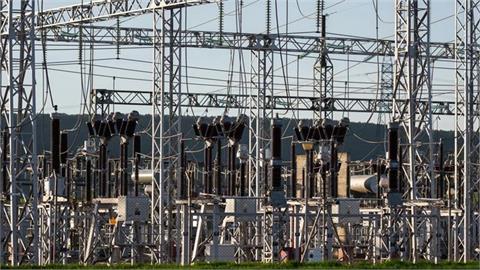Nord Stream II natural gas pipeline project is not compatible with the vision of an energy union, energy security or overall unity and national security for Europe, said Amos Hochstein, U.S. Deparment of State, special envoy and coordinator for international energy affairs, on Friday.
Hochstein, in a press briefing via teleconference, addressed the discussion topics during the U.S.-EU Energy Council meeting, which took place on May 4 in Washington D.C.
"We discussed some concerns of existing projects, such as Nord Stream II," he said.
"The U.S. is deeply concerned about a pipeline that would endanger the economic viability of Ukraine and Slovakia, that would deepen the rift between the east and west and move overall energy security and energy union concerns significantly backwards," Hochstein added.
Nord Stream II project will be an extension of the existing Nord Stream I project, which carries around 55 billion cubic meters of Russian gas to Germany.
"I strongly believe that the best alternative to Nord Stream II is the acceleration of the Southern Gas Corridor, acceleration of LNG terminals in Croatia and in Greece, as well as the interconnection between Greece and Bulgaria," he stated.
He added, "Those are the best answers, far more efficient, more cost affective and they contribute rather than decline energy security and overall unity in Europe."
Additionally, the council noted the very important developments in the Southern Gas Corridor project, Hochstein informed.
The Southern Gas Corridor Pipeline project, planned to cary Azeri gas to Italy, will include three major pipeline projects: the expansion of the South Caucasus Pipeline through Azerbaijan and Georgia, the construction of TANAP across Turkey and the construction of the TAP through Greece, Albania and into Italy.
"This is a groundbreaking pipeline that has as much commercial implications as it does geopolitical for Azerbaijan, Caspian, Turkey and Europe. Despite no U.S. corporate or financial involvement in the pipeline, we still see it as top priority for us national security over last several years," he said.
Hochstein added that, the council looked at the progress made toward achieving greater energy security throughout Europe and the concern that the U.S. has that energy is being used as tool and weapon in certain parts of Europe for political leverage.
"The use of energy as a tool allows for very different energy reality in eastern central Europe and Baltics, compared to western Europe, where energy is freely traded and more integrated, while in eastern central Europe, it is not integrated, not freely traded and lacks ability to move freely between countries," he argued.
He relayed concern for eastern central Europe as the region does not benefit from new technologies and new markets is limited.
"The only way countries can stop being 100 percent reliant on one supplier is by having the mechanism to receive new gas and energy products. As long as infrastructure isn’t there they will not be able to benefit from it," he said.
There must be more progress to achieve a floating LNG terminal in Croatia, to achieve that we need a similar floating LNG terminal in Greece, he stated.
Building the interconnection between Greece and Bulgaria, coupled with the interconnection between Bulgaria and Serbia and other interconnections throughout the region will allow for a completely new future for the entire region, Hochstein said.
"This is about creating and generating competition for Russian gas and allowing for non-Russian gas to have the ability to enter the market which currently does not exist," he added.
The council meeting came at the heels of first U.S. LNG exports cargo arriving in Europe, in Portugal, which signals a new reality and exciting future of participation of U.S. market in European market as part of the broader global market, Hochstein said.
(Anadolu Agency)



